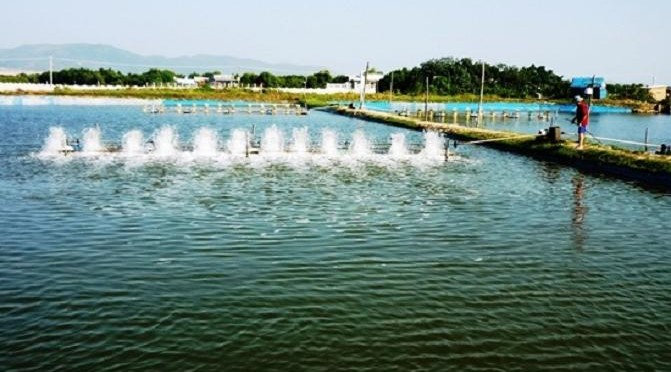
The efficient and profitable production of
aquatic animals such as fish, crustacean, etc. in aquaculture depends on a
suitable environment in which they can reproduce and grow. Those animals live
and are totally dependent on the water they live in for all their needs, the
major environmental concern within the culture system is water quality. Water
quality is the most important factor affecting fish health and performance in
aquaculture production systems for many years. Different aquatic organisms
have different and specific range of water quality parameters within which they
can survive, grow and reproduce. The
result is deteriorating water quality which stresses the culture species, and
stress leads to poor growth, greater incidence of disease, increased mortality,
and low production. Water quality parameters that are commonly monitored
and managed in the aquaculture industry include temperature, pH, dissolved
oxygen, salinity, alkalinity, ammonia, nitrites and hardness. The purpose of this training course is
to provide a practical guide to the monitoring and management of aquaculture
pond water
